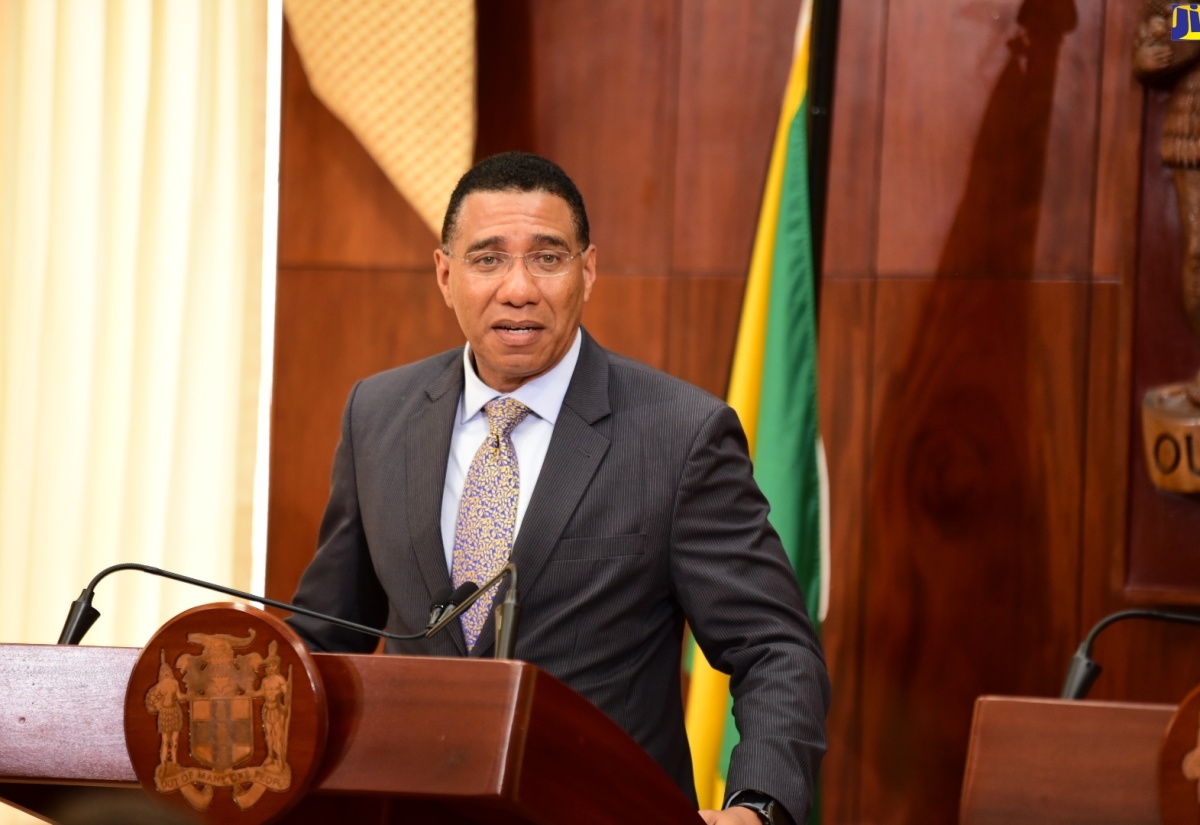SPARK's Role in Jamaica's Road Repairs
Jamaica’s road infrastructure has long been a topic of concern for its citizens. Despite ongoing efforts to improve and repair roads, many residents find themselves navigating a network plagued by potholes and surface deterioration, especially after heavy rains. This situation raises questions about the quality of materials used in construction and the long-term effectiveness of these initiatives.

The Deteriorating Condition of Roads
One of the most pressing issues is the rapid deterioration of roads in Jamaica. Heavy rainfall often leads to the formation of significant potholes and surface damage, creating hazards for motorists and pedestrians alike. The challenges are compounded in rural areas, where poorly maintained roads hinder access to essential services like healthcare, education, and markets.
Local communities frequently express frustration over the state of their roads, pointing to instances where repairs seem to be only temporary solutions. This cycle of damage and repair underscores a critical concern: the quality of materials and construction methods employed in roadworks. Are these roads being built to withstand the Caribbean's harsh weather conditions? Or are they simply being patched up with little regard for durability?
The SPARK Programme: A Major Initiative

Prime Minister, Dr. the Most Hon. Andrew Holness.
In response to the deteriorating state of the road network, the Jamaican government launched the Shared Prosperity through Accelerated Improvement to our Road Network (SPARK) Programme. Announced by Prime Minister Andrew Holness, this ambitious initiative is backed by a commitment of $40 billion aimed at improving the quality of over 2,000 roads across the island within a two-year span.
The SPARK Programme focuses on main, secondary, and community roads. The funds allocated will be shared equally among constituencies, with additional support directed to areas where roads are in the most dire condition. This strategy aims to ensure that communities most affected by poor infrastructure receive the attention they need.
Community Engagement: A Step Forward
One positive aspect of the SPARK Programme is its emphasis on community consultations. The government launched a series of island-wide consultations to gather input from citizens regarding which roads should be prioritized for improvement. The first consultation took place in Duhaney Park, where residents detailed their urgent road repair needs to government officials. Local Government Minister Desmond McKenzie emphasized that the initiative aims to revitalize over 2,000 roads across Jamaica, ensuring proper drainage and infrastructure enhancements for longevity. He highlighted the importance of community involvement, stating, "We want to ensure the roads have a longer lifespan and that you, the residents, play an active role in the success of the programme".
This consultative approach aims to foster transparency and inclusivity in the decision-making process, making SPARK one of the most consultative road improvement initiatives in Jamaica's history. Community involvement not only helps prioritize the most urgent projects but also fosters a sense of ownership among residents. However, while the government has made efforts to include community input, it is crucial to manage expectations. Not every road will be selected for immediate improvement, which may leave some communities feeling sidelined.
Quality Concerns in Construction
Despite the significant financial commitment to improving Jamaica's roads, there remain serious questions about the quality of construction. Many roads are reportedly not built with sufficient durability, resulting in a quick return to poor conditions after even minor rainfall. This issue has raised public skepticism about the effectiveness of government contracts and whether local contractors are equipped to handle such projects adequately.
To address these concerns, implementing robust accountability measures is essential.
Regular Audits and Inspections
One effective measure is conducting regular audits and inspections throughout the construction process. Engaging independent third-party inspectors can ensure compliance with established quality standards. These inspections should assess not only the materials used but also the construction methods employed. Regular monitoring can help catch potential issues early, preventing future deterioration.
Warranties on Work
Incorporating warranties into contracts is another vital step. Contractors could be required to provide warranties that cover repairs for a specified period post-construction. This would compel them to prioritize high-quality work, knowing they will be financially responsible for any deficiencies that arise shortly after project completion.
Penalties for Poor Performance
Introducing financial penalties for contractors who fail to meet quality standards or deadlines would create a strong incentive to perform well. If a contractor does not adhere to the agreed-upon specifications, they could face deductions from their payments or be disqualified from future projects. This measure could help ensure that public funds are used efficiently and effectively.
Community Oversight Committees
Establishing oversight committees comprising local residents can enhance transparency and ensure that projects reflect community needs. These committees can monitor progress, provide feedback, and raise concerns about road conditions or construction quality, fostering a sense of ownership among citizens and encouraging active participation in local governance.
Long-Term Maintenance Plans
Finally, requiring contractors to submit long-term maintenance plans as part of their bids can ensure ongoing care for the roads they build. These plans should outline how the contractor intends to maintain the road infrastructure over several years, addressing potential issues before they escalate into major problems. By holding contractors accountable for long-term outcomes, the government can help create roads that are not only built to last but also remain in good condition over time.
The Economic Implications
The state of Jamaica’s roads has far-reaching economic implications. Poor infrastructure leads to increased transportation costs, inefficiencies in the movement of goods, and limited access to markets and services. For farmers, this can mean delayed deliveries and losses in income. For businesses, it translates into higher operational costs and potential losses due to disrupted supply chains.
On the other hand, the SPARK Programme aims to enhance access to essential services and boost productivity, ultimately contributing to better economic and social outcomes for Jamaicans. Improved roads mean safer travel and reduced costs, allowing for a more robust economy where businesses can thrive and citizens can connect with job opportunities.
Future Considerations: A Digitally Connected Jamaica
Another important aspect of the SPARK initiative is the integration of fiber optic ducts into the road infrastructure. This forward-thinking approach aligns with the government’s digital transformation strategy, supporting future broadband connectivity. By laying the groundwork for a digitally connected Jamaica, the SPARK Programme aims to improve the delivery of public services and facilitate the development of e-government solutions.
However, the successful execution of these plans depends on the quality of the roads themselves. If roads continue to deteriorate rapidly, the benefits of improved digital connectivity may be lost on communities that struggle to access them due to poor infrastructure.
Conclusion: A Call for Quality and Accountability
In summary, Jamaica’s road infrastructure is at a critical juncture. While the SPARK Programme represents a significant investment in improving road and water infrastructure, concerns about construction quality and durability persist. It is essential for the government to prioritize long-term solutions that not only repair but also enhance the resilience of Jamaica’s roads against adverse weather conditions.
By implementing measures such as regular audits, warranties, penalties for poor performance, community oversight, and long-term maintenance plans, the government can foster a culture of accountability that ensures high-quality infrastructure. As Jamaica moves forward, it is imperative that both the government and citizens hold all stakeholders accountable, ensuring that the investment leads to meaningful improvements that stand the test of time. Only then can the promise of better roads and a more connected future be fully realized.
